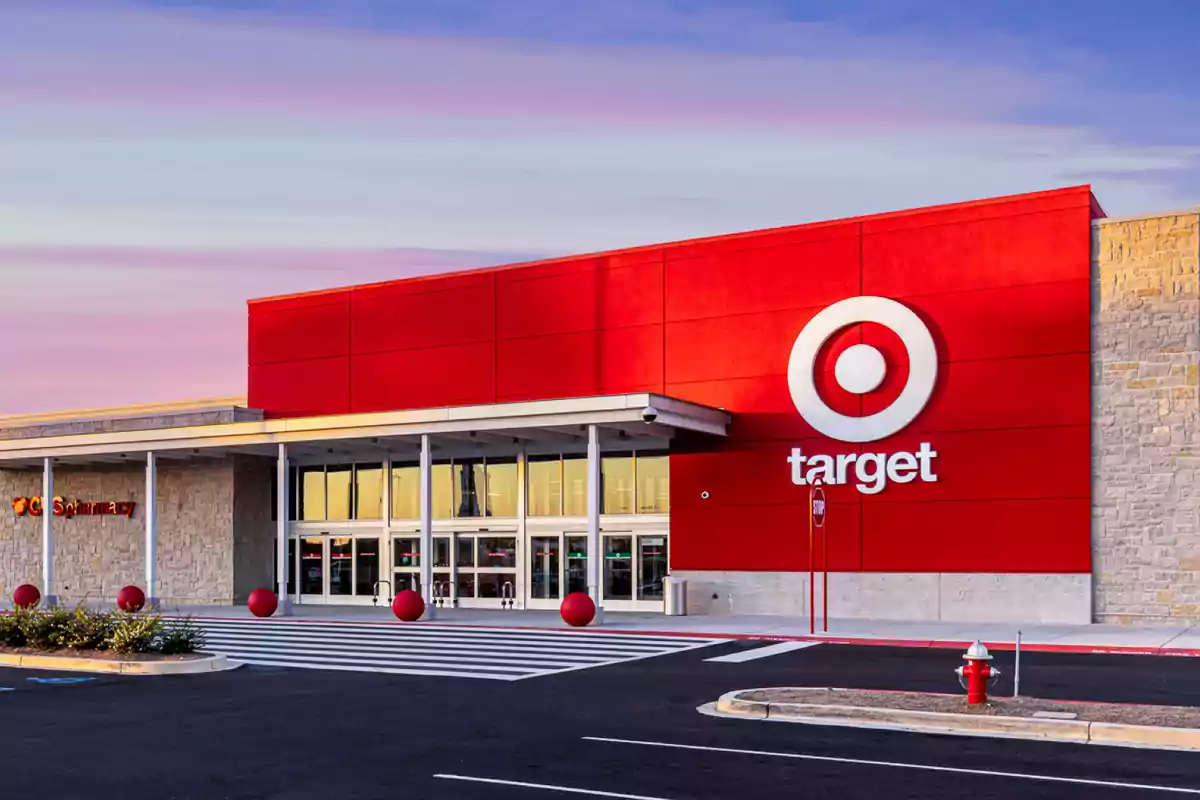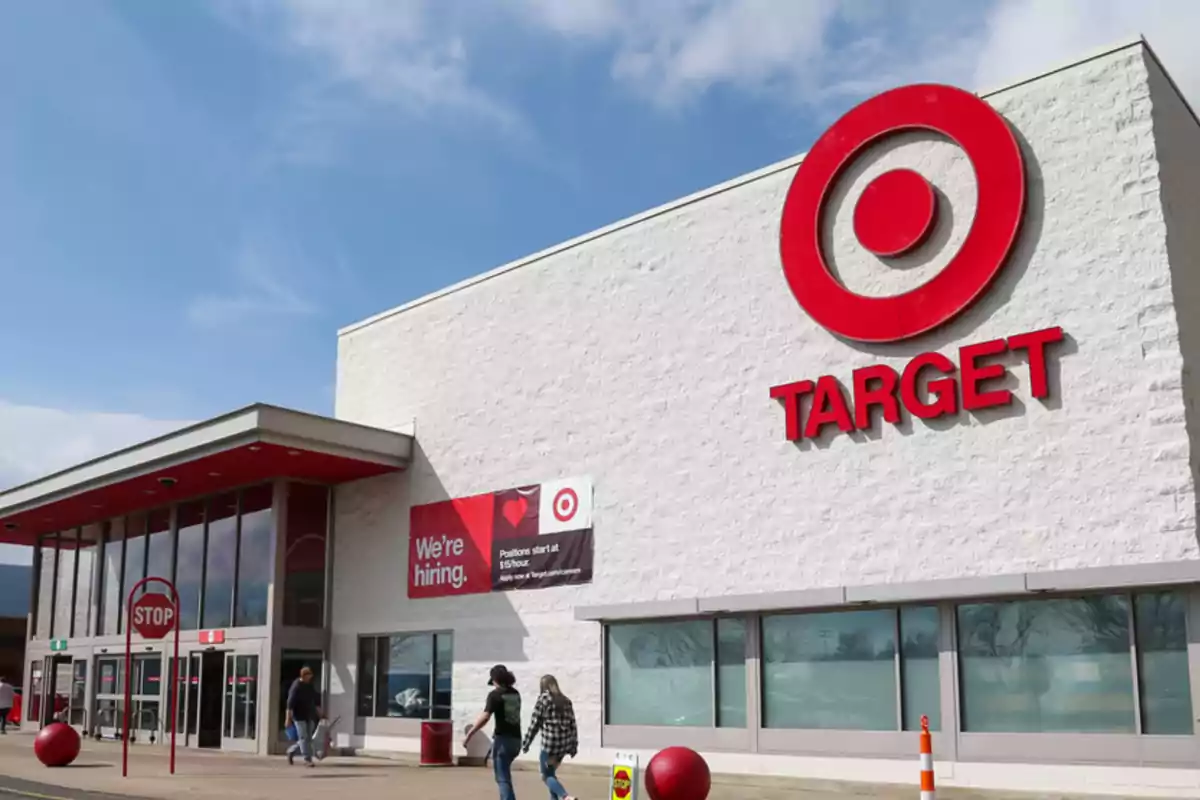Target has been a favorite among consumers in the United States for years. With its characteristic red and white design, it has offered a modern and agile shopping experience. However, a new measure is marking a turning point for its millions of regular customers.
For a few days now, Target has introduced a limitation that directly affects the use of self-checkout. From now on, only customers with 10 items or fewer will be able to use this option. Although the company claims that the change aims to improve the flow of shopping, many experts argue that it is a reaction to the increase in theft and losses.

A Measure That Hasn't Gone Unnoticed
During 2023, Target suffered losses of nearly 500 million dollars due to theft and inventory errors. Although the company doesn't openly acknowledge it, this figure has been decisive in reconsidering the use of self-checkout. The machines, while practical, have become a weak point against crimes.
Cases like that of a woman in California, who managed to steal more than 60,000 dollars in merchandise using self-checkout terminals, have put the famous company on alert. This type of incident has raised alarms not only at Target but throughout the sector, according to Fox Business. The term "shrink," which encompasses both thefts and internal discrepancies, has become common in corporate meetings.
Meanwhile, users haven't received the measure with enthusiasm. On social media like Reddit or X (formerly Twitter), complaints about longer lines and the loss of autonomy are multiplying. Many shoppers valued the speed of self-checkout, and now they feel that an essential convenience is being taken away from them.

A Trend Spreading Across the Country
Target isn't alone in this decision; other major chains like Walmart, Dollar General, and Five Below have begun to reduce or eliminate self-checkouts in several of their stores. In some cases, they have limited it to five items; in others, they have completely removed the machines. The priority seems clear: reduce losses, even at the cost of the customer experience.
The data leaves no room for doubt. According to the National Retail Federation, more than 112 billion dollars were lost to theft in the United States in 2022. Faced with this scenario, large retailers are betting on greater control, with more staff at checkouts, ticket reviews, and reinforced surveillance.
With the end of the health emergency, the need to avoid contact has disappeared. Now, the concern has shifted to protecting inventory. In this scenario, the customer will have to get used to a more traditional shopping model, even if it means leaving behind some of the efficiency that self-checkout offered.

